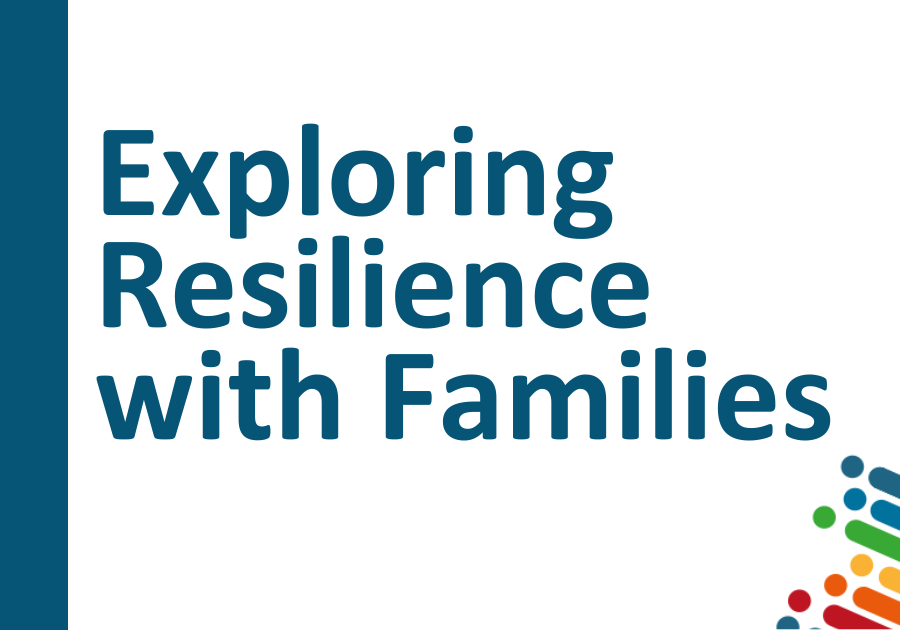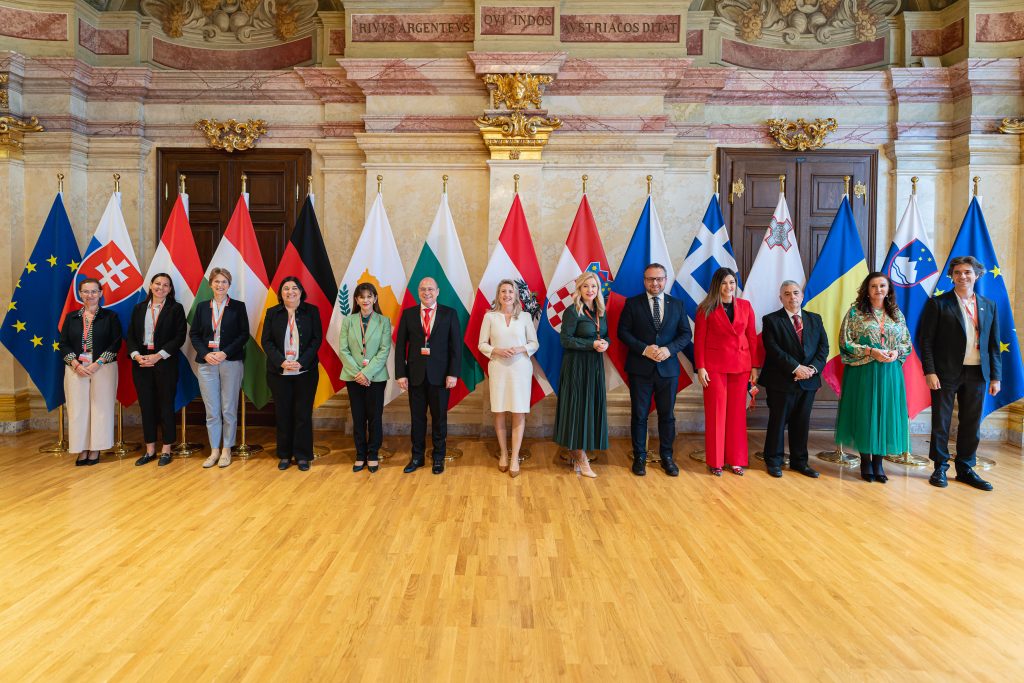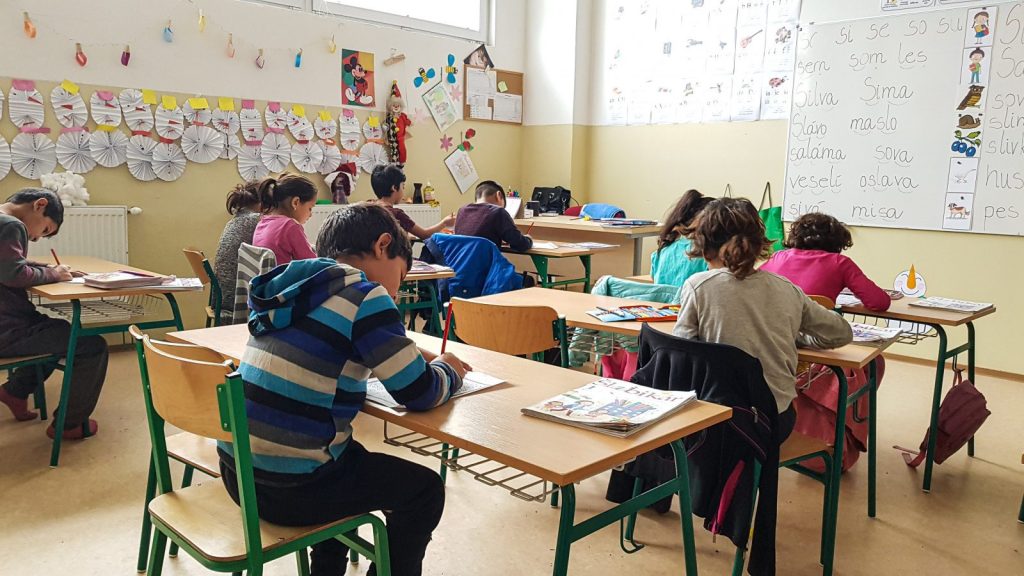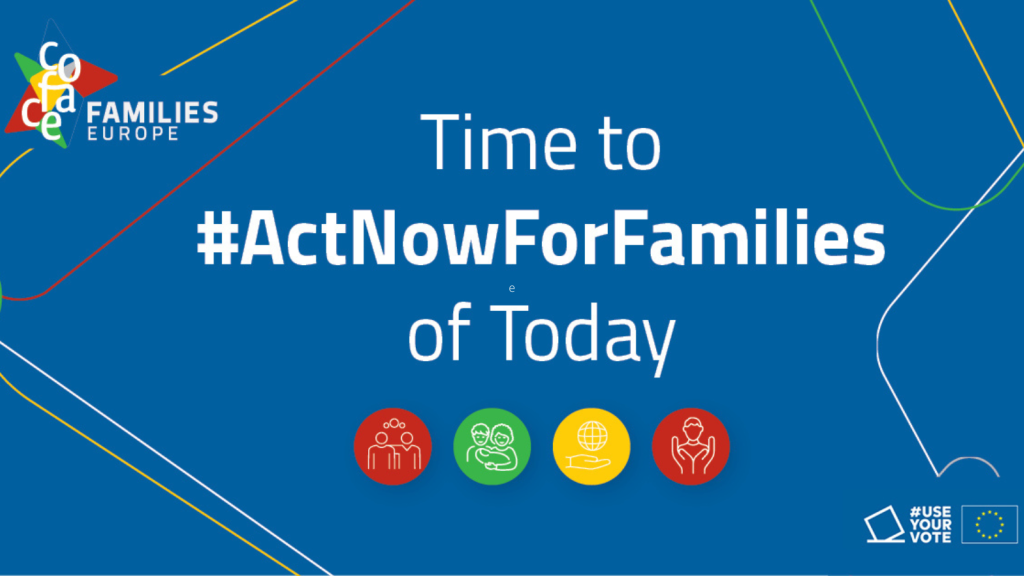The rEUsilience project under Horizon Europe (with COFACE as an integral partner), has recently presented its latest findings from focus groups involving over 300 family members across six European countries (Belgium, Croatia, Poland, Spain, Sweden, and the United Kingdom). These insights delve into the realities families encounter amidst socio-economic risks like job loss and substantial care responsibilities. These risks do not fall equally, and this Horizon Europe project is studying the situations of a diversity of families that have to respond to these situations: families on a low income, lone parent families, families living in a rural area, families from a migrant background, families taking on unpaid caring responsibilities. From this, the research offers rich insights into the challenges that families face in navigating tough circumstances, unpacks how they use their often-limited resources to overcome pressures, and shares families’ views on the reforms needed for families to be able to do more than just survive one day at a time.
Notably across the six countries families are struggling with the same types of problem. It is also common for challenges to intersect and reinforce one another: with many families having layers of challenges that cut across employment, caregiving, income, and housing. When difficulties are compounded, it is very hard for families to break out of hardship. The struggle to afford children and meet children’s needs exists in all countries. The research shows clearly that families are incredibly resourceful with the little they have, employing a wide range of imaginative strategies to attempt to keep afloat but this often comes at an emotional cost with many families exhausted by their relentless struggles against failing systems. We should also be mindful that if families use up their resources in dealing with crises and challenges, their capacities to deal with future challenges are diminished. Coping today may mean not coping tomorrow.
Some families have access to strong support from policies, wider family networks and civil society organisations to fall back on, but this is not guaranteed and many of the support systems are fragile. Countries should ask themselves: Do we do enough for families and how can our policies better recognise and support the needs of families?
The 6 national reports published today provide valuable first-hand narratives from families which will be taken forward in the rEUsilience Policy Lab. The Lab will bring the expertise of families and policy experts together to develop sound policy solutions in order to address the problems identified in these valuable focus groups.
The National Focus Group Reports on ‘Exploring Resilience with Families’ are available below for each country:
Click here for Belgium
Click here for Croatia
Click here for Spain
Click here for Sweden
Click here for Poland
Click here for the United Kingdom





